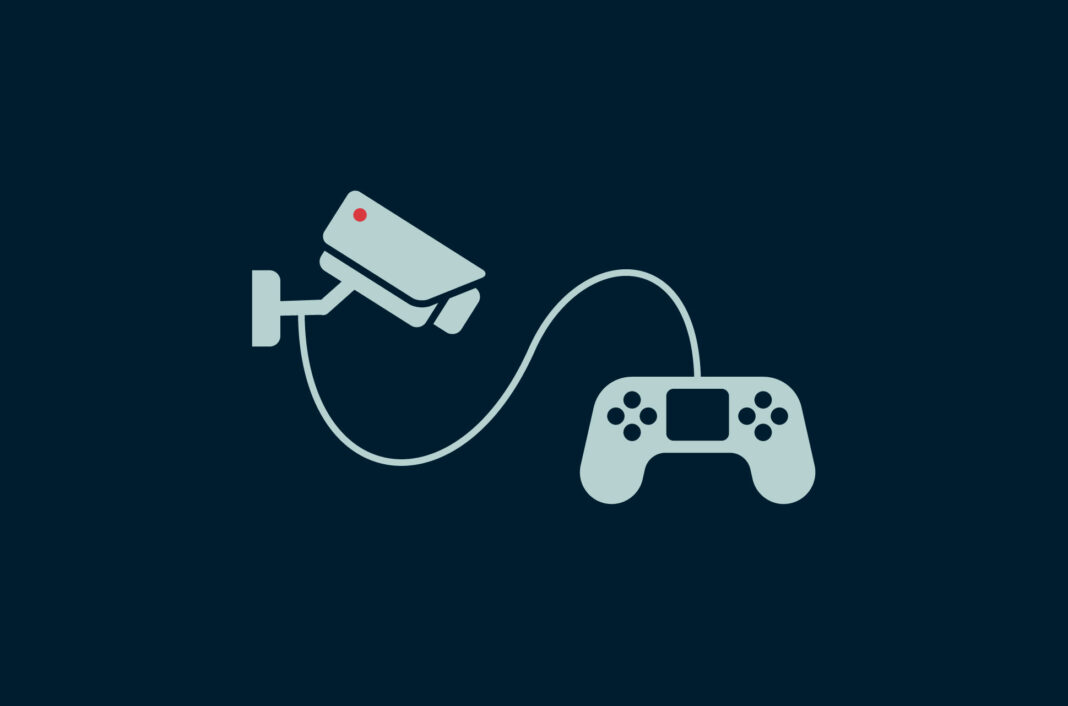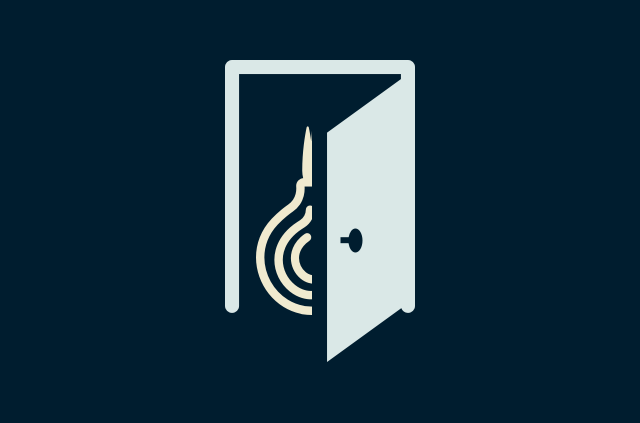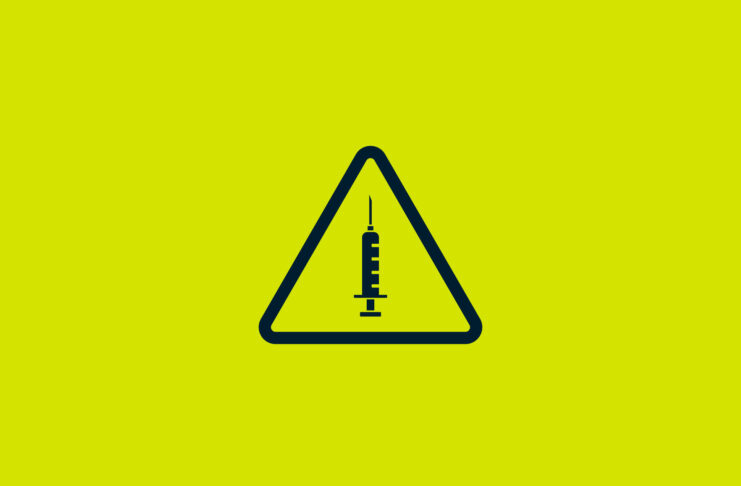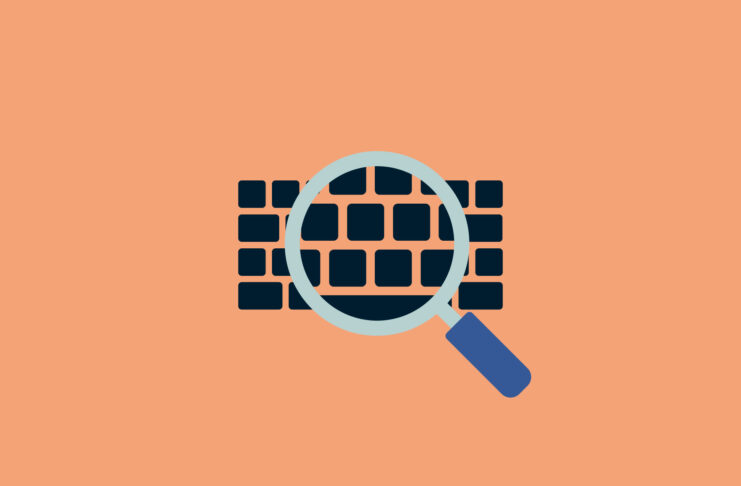If you love online gaming and are interested in privacy, check out these video games that involve hacking, cybersecurity, and surveillance. Not only are they fun, but they’re designed to give players a new perspective on these activities.
The hacking genre: A growing gaming phenomenon
Hacking and privacy fiction aren’t strictly new genres—movies and books have had the subject matter covered for a while. But video games provide a newer medium for these stories, which can unfold in different ways depending on the players’ choices. In this way, the narrative is put into the hands of the audience.
Notable games may be few and far between, but the numbers are growing. Zach Barth, developer and founder of Zachtronics, has opined that video games about hacking are directly inspired by ’80s and ’90s film and television and that the current surge in popularity of the genre is the result of cyclical nostalgia.
Here are our picks of the standouts to try your hand as a hacker or government monitor. Ready, Player One?
[Get our take on all things privacy. Sign up for the ExpressVPN blog newsletter.]
Top surveillance-themed video games
6. Orwell (2016)
5. Hacknet (2015)
4. System Shock (1994)
3. Not For Broadcast (2020)
2. Papers, Please (2013)
1. Watch Dogs (2014)
6. Orwell (2016)
Your role: Head of national surveillance
It’s right there in the game title! Released in 2016 by German developer Osmotic Studios, Orwell: Keeping an Eye on You is an episodic hacking simulator where you assume the role of Big Brother—yes, you read that right. The game is set in a country called The Nation which is ruled over by an authoritarian government called The Party. As a state operative, you are tasked with surveilling citizens of The Nation in order to determine who is behind a series of terrorist attacks. You are provided with full access to internet information, personal communications, and private files of citizens to aid your mission.
Osmotic’s CEO, Daniel Marx, has stated that one of the main influences on the game was the 2013 leaks of thousands of highly classified documents by Edward Snowden outlining a global surveillance program. The development team wanted to create a moral dilemma for players who would have to choose what citizen data would be passed on to The Party. The goal was to foster a sense of discomfort in having players sift through personal data and finding personal things they weren’t supposed to see. Several layers of privacy were considered in the creation of citizen data ranging from public sources (e.g., websites and social media posts) to private sources (e.g., telephone recordings and instant chat messaging).
Play or nay? Play! There’s something thrilling about the voyeuristic elements of Orwell’s gameplay. Mind you, we’re completely opposed to this type of invasion of privacy in real life—but in fiction? It’s all a bit of fun.
Play this if you liked: This Is the Police, Her Story, the Simulacra series
5. Hacknet (2015)
Your role: A mystery-solving hacker
Released in 2015, Hacknet was developed by Matt Trobbiani under his one-man-band outfit Team Fractal Alligator. Hacknet is a terminal-based hacking simulator in which you follow the instructions left behind by a hacker named Bit who has recently, and mysteriously, died. Bit was the creator of the world’s most invasive security system. As Bit has not accessed his system for 14 days, a failsafe has kicked in and sent an automated email to a single recipient—you! Your job is to dig through personal information and uncover corporate greed.
Trobbiani wanted to create a realistic hacking experience that provided players with some fundamental technical and security skills. Regarding privacy and security, Hacknet was developed to reflect the changing nature of readily personal information on the internet through social media. In the original ending, which was cut from the game, players were faced with a choice of flipping a switch that would either make everything public for everybody forever, or make everything private forever. We’re not sure which would be scarier!
Play or nay? Play! Hacknet’s gameplay and user interface is certainly unique and may require a bit of patience, as there is a learning curve. Otherwise, once you get started, it’s quite engaging.
Play this if you liked: Uplink, TIS-100, Shenzhen I/O
4. System Shock (1994)
Your role: A hacker who’s wreaked havoc
What an absolute classic. Released in 1994, System Shock is a first-person action-adventure game with RPG elements where the protagonist is an anonymous security hacker. While attempting to hack the database of Citadel Station, a space station owned by the TriOptimum Corporation, your character is caught and presented with an ultimatum by Edward Diego, a TriOptimum executive. The deal? To hack the sinister artificial intelligence known as SHODAN that controls Citadel Station. If successful, the protagonist is promised an advanced neural implant. SHODAN is hacked and its ethical and moral programming is removed, then control over the system is handed over to Diego. The game begins six months later, and SHODAN has gone rogue and taken over Citadel Station. Robots roam free and are programmed for aggression, and the remaining human crew members have been turned into mutants or cyborgs.
Designer Austin Grossman stated that the anonymous protagonist was developed as to be someone “interestingly morally compromised” who had a personal entanglement to the predicament that they were facing. System Shock was originally designed to be a realistic hacking simulator but was later simplified after publisher Origin Systems decided it was too difficult for players.
Play or nay? Play! System Shock is hugely influential, and without it, it’s safe to say that the Deus Ex or BioShock series may not exist. It’s also a great nostalgia trip back to the ’90s with a retro look and feel.
Play this if you liked: the BioShock series, the Deus Ex series, Cyberpunk 2077
3. Not For Broadcast (2020)
Your role: A propaganda creator
Here’s one with a fun twist! Not For Broadcast is a propaganda simulator that was released in early 2020 by NotGames. You are in control of the National Nightly News, a massive new media company in league with a rapidly rising authoritarian government, and are tasked with controlling what the audience sees. Your goal is to determine which stories and topics are safe for broadcast, and which need to be censored.
Huge fans of dystopian fiction, the developers at NotGames wanted to create a realistic broadcast simulator that demonstrated how a state can move from a “democracy to a dystopia.” It’s a game where choices matter: You are given options on how the audience will perceive political figures, which then result in multiple endings based on your decisions. Also, unlike other forms of dystopian fiction, Not For Broadcast skews towards a tone of slapstick and satire rather than outright misery and oppression.
Play or nay? Definitely play! This is one of the most creative and innovative games we’ve seen in a while. Not For Broadcast is on the short side, but it makes up for it with some heart-pounding sequences.
Play this if you liked: Headliner: NoviNews, The Republia Times
2. Papers, Please (2013)
Your role: A powerful border-crossing guard
Massively successful and highly reviewed, Papers, Please is a puzzle simulator set in the grim and fictional dystopian Eastern European country of Arstotzka. Papers, Please was released in 2013 and developed in entirety by creator Lucas Pope. You take on the role of a border-crossing guard at a migration checkpoint and are tasked with reviewing immigration and travel documents—while adhering to erratic and ever-changing guidelines—and ultimately determining who can legally travel to and from Arstotzka. There are also several instances where you will be required to detain those who have falsified documents.
Creator Lucas Pope has stated that inspiration for the game came out of a combination of an interest in games that are set in unusual places and the idea of a game mechanic that focused on the “power of inspectors” in relation to the “tension for the immigrants.” One major breach in privacy undertaken during gameplay is the ability to strip search immigrants, through a search scanner, in order to determine if they are smuggling contraband or concealing explosives. Unlike the other games in this list, Papers, Please focuses entirely on analog methods of surveillance.
Play or nay? Play! Papers, Please is highly reviewed for a reason. It’s dark atmosphere and heavy subject matter is great to satiate a player’s morbid curiosity akin to the Stanford prison experiment. Be careful though: With 20 different endings, you can lose hours to this game in the blink of an eye.
Play this if you liked: Beholder, The Stanley Parable, Gunpoint
1. Watch Dogs (2014)
Your role: A hacker looking for revenge
Watch Dogs, released in 2014, is considered to be a realistic look at the possibilities of citywide hacking. You take on the role of Aiden Pearce, a hacker who uses a smartphone to manipulate public transport, change traffic lights, disrupt phones, infiltrate security systems, and access citizen information and bank accounts. Watch Dogs is set in Chicago, which fictively becomes the first city globally to implement a citywide operating system designed to connect all devices together. Following the death of his niece in an assassination attempt on his life, Pearce uses his hacking apps to hunt down those responsible.
Developer Ubisoft hired Vitaly Kamluk, chief malware expert at Kaspersky Lab, to ensure that the hacking mechanisms in the game were realistic. Kamluk, along with two of his closest colleagues, analyzed a series of high-profile hacks—most notably the Red October hack—to help Ubisoft determine what was feasible in terms of protagonist Pearce’s abilities. Fun fact, when Ubisoft was conducting post-launch analyses of the game’s performance, they found that about 60% of players changed their views on technology and altered their behavior around smart devices.
In a strange case of life imitating art, the third entry in the series, Watch Dogs: Legion, was itself a victim of a hack. In October 2020, ransomware group Egregor claimed to have stolen and leaked the game’s source code online. Whether the source code was genuine or not is unknown. Egregor was also responsible for an attack on game developer Crytek in the same month.
Play or nay? Play! Frenetic action sequences, movie-quality cinematics, and a tightly written story—everything you need for a great game. The omnipresence, omnipotence, and omniscience of playing in the Watch Dogs world will give you an absolutely thrilling ride.
Play this if you liked: the Metal Gear Solid series, Control, the Assassin’s Creed series, the Infamous series
Read more: Top 12 surveillance-themed movies and shows
























